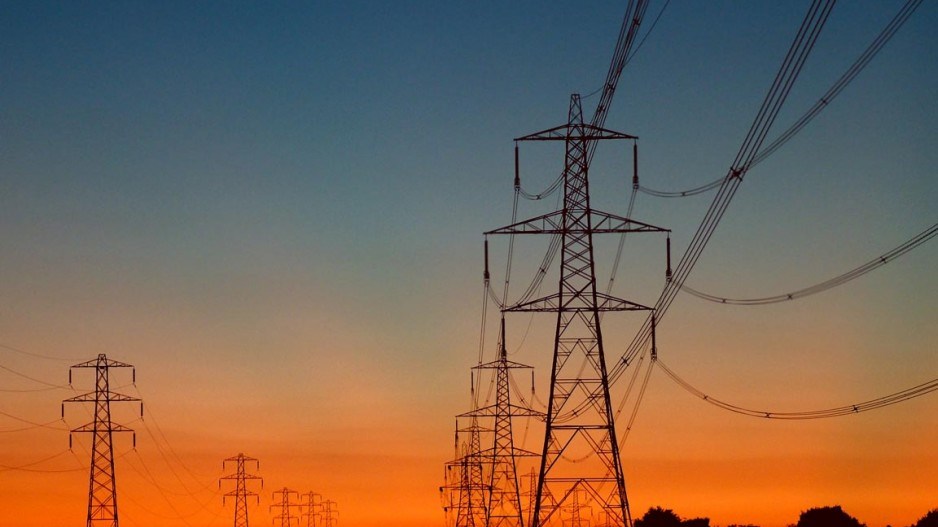The B.C. government is slowly handing back the mandate of the BC Utilities Commission to set electricity rates, on the recommendation of a government task force.
The BCUC’s purview over setting hydro rates was taken away in 2011, after BC Hydro applied for a major rate hike of 30% over three years.
The BC government stepped in, ordering BC Hydro to reduce spending by $800 million, and BC Hydro ended up reducing its planned rate increase by half.
The BCUC’s role as a public utility watchdog was also reduced when it was removed from the public approval process for the single largest public power utility project in generations – one that will affect an entire generation of ratepayers – $8.8 billion Site C hydroelectric dam.
In April 2014, the government initiated a review of the BCUC’s mandate. A special task force set up to review the commission and make recommendations acknowledged that the BCUC had lost the public’s confidence.
“To be effective, the BCUC needs to have credibility, public confidence, and independence within the exercise of its mandate as set by government,” the task force report states.
“The growth in directives to the commission suggests that government may have lost confidence in the BCUC’s decision making capability and ability to implement public policy objectives.”
On Wednesday, February 4, Energy and Mines Minister Bill Bennett announced the government will restore the commission’s role in setting utility rates, but with restrictions.
The commission’s ability to set hydro rates will not resume until the third year of the B.C. government’s 10-year plan. In other words, a three-year cap on electricity rate increases will remain in place until 2016 (9% for 2015 and 6% in 2016).
After 2016, the commission will still be constrained for the next three years, and will not be able to set electricity rates above the caps of 4%, 3.5% and 3% respectively. The BCUC will not have full control over setting rates until 2019.
The BCUC’s renewed mandate will come with changes in governance. The task force also recommends that the role of commissioners become full-time, rather than part-time.
David Craig, executive director, Commercial Energy Consumers Association of B.C. welcomed the changes.
“Generally, the thrust of it is to strengthen the commission, and start returning oversight powers,” Craig said.
But as one power sector insider observed, the commission, as a public watchdog, has largely been defanged.
He pointed to a decision by the government to exempt FortisBC from the usual review BCUC process for a planned upgrade to a natural gas line in the Lower Mainland as one example.



